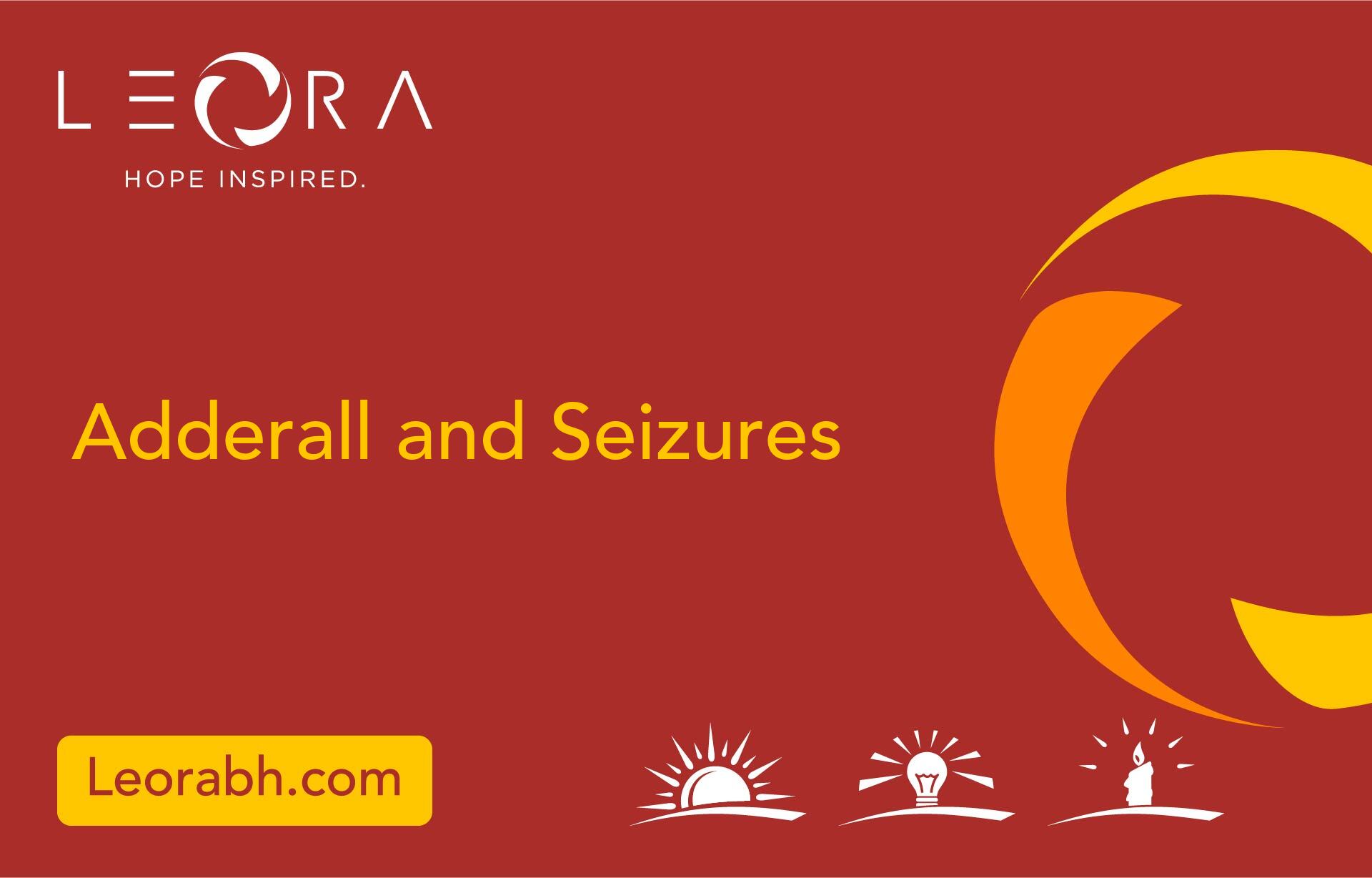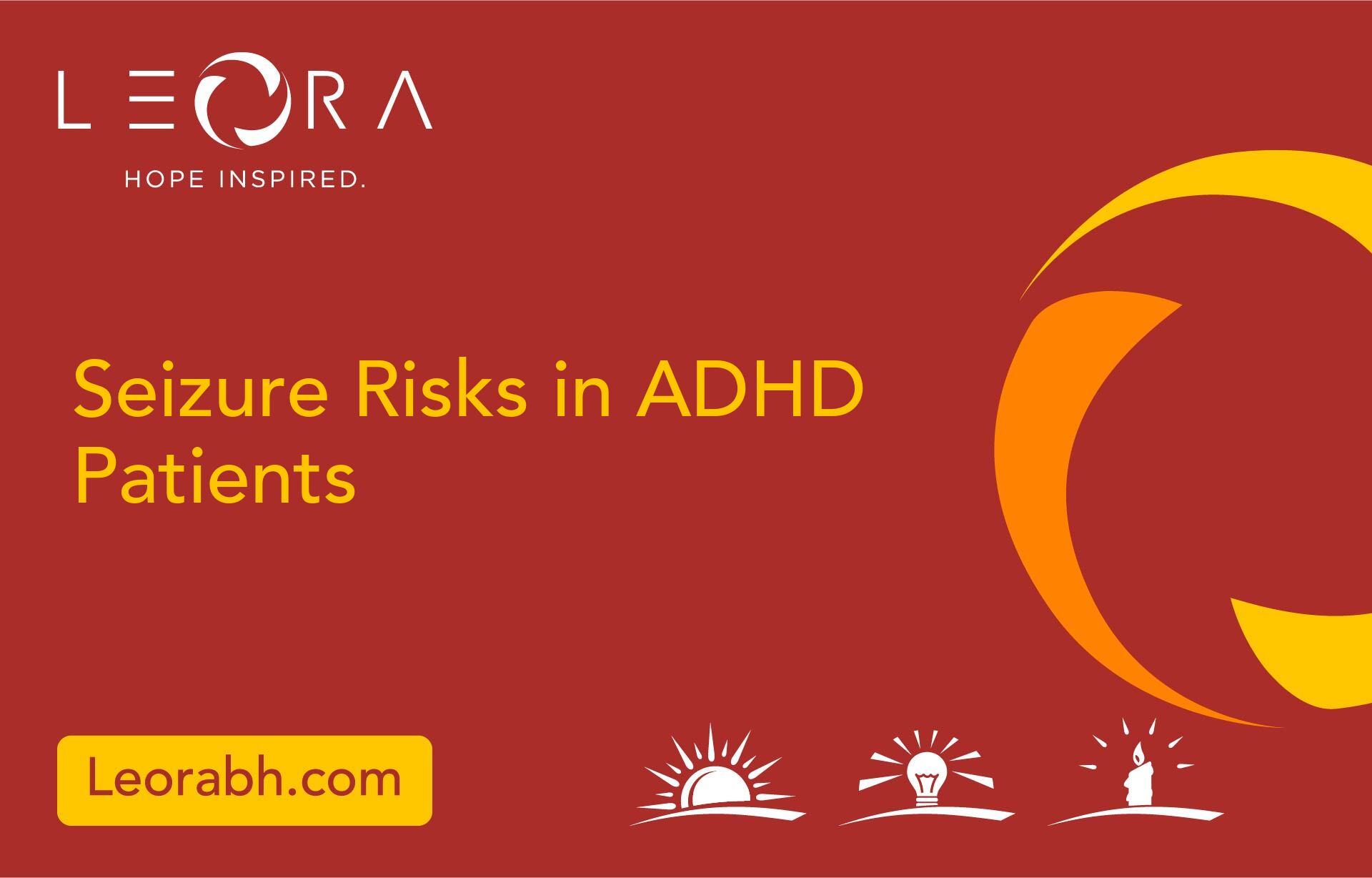Adderall and Seizure Risks
Explore Adderall and seizure risks, including impacts on ADHD patients and long-term effects on health.

Adderall and Seizures
Understanding Seizure Risks
Adderall, a medication commonly prescribed for Attention Deficit Hyperactivity Disorder (ADHD), may pose an increased risk of seizures as a serious side effect. It is crucial for individuals taking this medication to be aware of this potential risk. Immediate medical help should be sought if symptoms such as seizures occur.
Recent studies indicate that patients with ADHD have higher odds of experiencing seizures compared to those without the condition. The odds ratios are reported as 2.33 for males and 2.31 for females, highlighting a significant increase in seizure risk among ADHD patients [2].
Patient Group Odds Ratio for Seizures
In contrast, some findings suggest that ADHD medications, including Adderall, may actually be associated with lower odds of seizures among patients with and without a history of seizures. The odds ratios in these adjusted comparisons were found to be 0.71 for both groups, indicating a potential protective effect of the medication while dispensed.
Immediate Medical Help
If a person experiences a seizure while taking Adderall, it is essential to seek immediate medical attention. This can help address any underlying issues that may have contributed to the seizure and ensure the patient's safety.
Symptoms indicating a need for urgent care may include:
- Convulsions or shaking
- Loss of consciousness
- Confusion or disorientation after the seizure
Patients and caregivers should familiarize themselves with these symptoms and understand the importance of timely intervention. For more information on potential interactions and effects of Adderall, consider exploring topics such as mixing adderall with weed: what you need to know and is adderall considered a narcotic?. Awareness of these risks can lead to safer use of the medication and better health outcomes.

Seizure Risks in ADHD Patients
Higher Odds in ADHD Patients
Research indicates that individuals with Attention Deficit Hyperactivity Disorder (ADHD) face a heightened risk of experiencing seizures compared to those without the condition. The odds ratios suggest that males with ADHD have an approximate 2.33 times higher chance of having a seizure, while females have a similar increase at 2.31 times. This elevated risk emphasizes the importance of monitoring seizure activity in ADHD patients, particularly when considering treatment options.
Gender Odds Ratio for Seizures
- Males: 2.33
- Females: 2.31
Medication Impact on Seizures
Interestingly, the impact of ADHD medication on seizure risks appears to be protective. In adjusted within-individual comparisons, ADHD medications have been associated with lower odds of seizures among patients, regardless of a history of prior seizures. The odds ratio for both groups stands at 0.71, indicating a significant reduction in seizure occurrences when ADHD medication is utilized [2].
This finding suggests that, while ADHD patients are inherently at a higher risk for seizures, appropriate management with medication may help mitigate this risk. It is crucial for individuals taking medication for ADHD to have open discussions with their healthcare providers about any concerns related to seizure risks and to monitor their condition closely. For more information on how medications can interact, consider reading about mixing adderall with weed: what you need to know and is adderall considered a narcotic?.

Long-Term Effects of Adderall
Understanding the long-term effects of Adderall is essential, especially for those considering its use for ADHD or other conditions. Among the potential consequences are changes in brain chemistry and the risk of developing psychosis symptoms.
Brain Changes
Long-term use of Adderall can lead to various modifications in the brain. One significant change is the potential decrease in the levels of dopamine, a critical neurotransmitter involved in mood, motivation, and reward. This reduction appears to be more pronounced in individuals who misuse Adderall or take it in high doses.
The table below outlines the potential brain changes associated with long-term Adderall use:
Brain Change Description
Psychosis Symptoms
Another serious risk associated with long-term Adderall use is the emergence of psychosis symptoms. These symptoms can include hallucinations, agitation, and disordered thinking. Although these effects are rare, they can occur even in individuals taking standard recommended doses of Adderall.
The risks of experiencing psychosis symptoms should not be overlooked, especially for those with a history of mental health issues. The following table presents the common psychosis symptoms linked to Adderall:
Psychosis Symptom Description
- Hallucinations: Perceptions of things that are not present
- Agitation: Increased restlessness or inability to stay calm
- Disordered Thinking: Difficulty organizing thoughts or making sense
For individuals in Ohio considering or currently using Adderall, it is crucial to stay informed about these potential long-term effects. Awareness of both the benefits and risks associated with Adderall can lead to more informed decisions regarding its use. For further reading on related topics, you can check out articles on mixing adderall with weed: what you need to know and is adderall considered a narcotic?.

Adverse Effects of Adderall
Adderall, a prescription medication commonly used to treat ADHD, can lead to various adverse effects. Among these, cardiovascular risks and gastrointestinal issues are significant concerns.
Cardiovascular Risks
Adderall is known to raise blood pressure and heart rate, which can potentially lead to long-term cardiovascular issues. Over time, these changes may damage or weaken parts of the cardiovascular system. Individuals with pre-existing conditions such as advanced arteriosclerosis or symptomatic cardiovascular disease are particularly at risk, as Adderall is contraindicated in these cases.
Cardiovascular Effects Description
For more information on the interaction of Adderall with other substances, refer to our article on mixing adderall with weed: what you need to know.
Gastrointestinal Issues
Adderall can also affect the digestive system by slowing down muscle activity in the digestive tract. This can lead to various gastrointestinal problems, including constipation, abdominal pain, and increased frequency of urination.
Gastrointestinal Effects Description
Adderall's impact on gastrointestinal health highlights the importance of monitoring any changes in digestive function during treatment. For further understanding of Adderall’s classification, visit our article on is adderall considered a narcotic?.
Awareness of these adverse effects is crucial for individuals considering or currently using Adderall, especially in the context of managing overall health.

Misuse and Statistics
Prescription Stimulant Misuse
Prescription stimulant misuse is a growing concern across various demographics. According to the 2022 National Survey on Drug Use and Health (NSDUH), approximately 1.5 percent of individuals aged 12 years and older, equating to about 4.3 million people, reported misusing prescription stimulants within the past year. This misuse can lead to serious health risks, including seizures, particularly in individuals who may already be susceptible due to conditions like ADHD.
Demographic Percentage of Misuse
- Overall Population (12+): 1.5%
- Young Adults (18-25): 3.7%
The highest rates of misuse are observed among young adults aged 18 to 25, with 3.7 percent or roughly 1.3 million individuals in this age group admitting to misusing prescription stimulants. This age group is particularly vulnerable to the adverse effects of stimulants, including the potential for increased seizure risks.
Impact on Different Age Groups
The misuse of prescription stimulants like Adderall can have varying impacts depending on age. Younger individuals, particularly college students and young adults, often misuse these medications for academic performance enhancement. This behavior can lead to increased stress and anxiety, which may heighten the risk of seizure events, especially in those with a pre-existing seizure disorder.
Conversely, older adults may misuse stimulants for various reasons, such as weight loss or to combat fatigue. The implications of misuse in older populations can be significant, as they may already be taking medications that interact adversely with stimulants, further raising the risk of seizures and other serious side effects.
Understanding the prevalence of misuse and its impact on different age groups is crucial for addressing the potential health risks associated with Adderall and other prescription stimulants. For more information on possible interactions, see our article on mixing adderall with weed: what you need to know.
Stimulants and Seizure-Related Hospitalizations
Research Findings
Numerous studies have examined the relationship between stimulant medications, including Adderall, and seizure-related hospitalizations. A significant study based on Medicaid Analytic eXtract billing records from 26 U.S. states found that stimulants, such as methylphenidate and amphetamine salts, did not increase the risk of seizure-related hospitalization in children with epilepsy. The analysis included 18,166 stimulant users and 54,197 nonusers.
The incidence of seizure-related hospitalization was as follows:
Group Incidence of Seizure-Related Hospitalization (per 100 patient-years)
These findings suggest that stimulant treatment may be directed towards patients with better epilepsy control or less severe seizures. Although stimulant users with intractable epilepsy had a slightly higher risk of hospitalization, this did not present a significant interaction with factors such as cerebral palsy, congenital nervous system anomalies, or intellectual disability.
Effects on Children with Epilepsy
The implications of these findings are particularly relevant for children with epilepsy. The study concluded that, as used in current clinical practice, stimulants do not increase the risk of seizure-related hospitalizations in this population. This provides reassurance for caregivers and healthcare providers considering stimulant treatment options for children with ADHD who also have a history of seizures.
The data indicates that the raw incidence of seizure-related hospitalization was relatively low across all groups, suggesting that the majority of children can safely use stimulants without an increased risk of complications. For further information on the effects of stimulant use and seizure risks, readers may find it beneficial to explore topics like mixing adderall with weed: what you need to know or is adderall considered a narcotic?.
References
- [1]: https://www.webmd.com/drugs/adderall-oral/details
- [2]: https://www.ncbi.nlm.nih.gov/pmc/articles/PMC5880635/
- [3]: https://www.medicalnewstoday.com/articles
- [4]: https://americanaddictioncenters.org/stimulants/amphetamine/adderall/side-effects
- [5]: https://www.ncbi.nlm.nih.gov/pmc/articles/PMC5911707/
Find Your Inner Light
Related Articles
Contact Us
Leora Behavioral Health offers a comprehensive addiction treatment programs to help you get your life back on track.
Our trained professionals will work with you to develop a personalized treatment plan that meets your unique needs. If you or someone you know is struggling with addiction, reach out to Leora Behavioral Health today.


.svg)





.svg)
.svg)
.svg)
.svg)